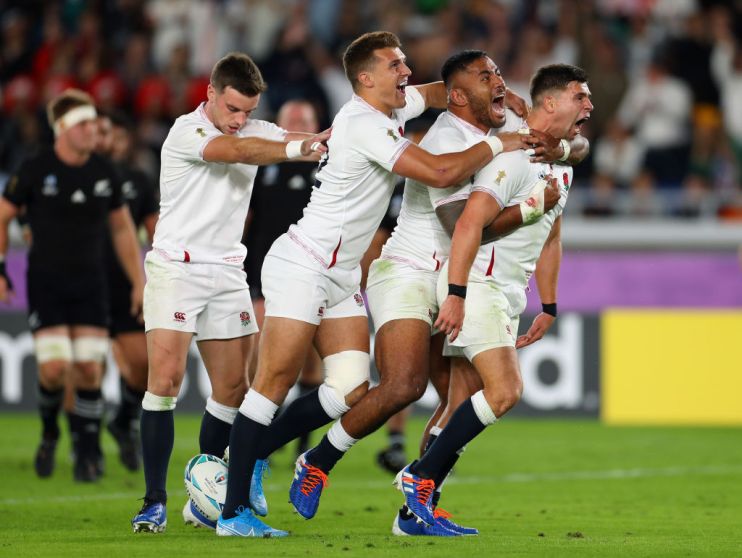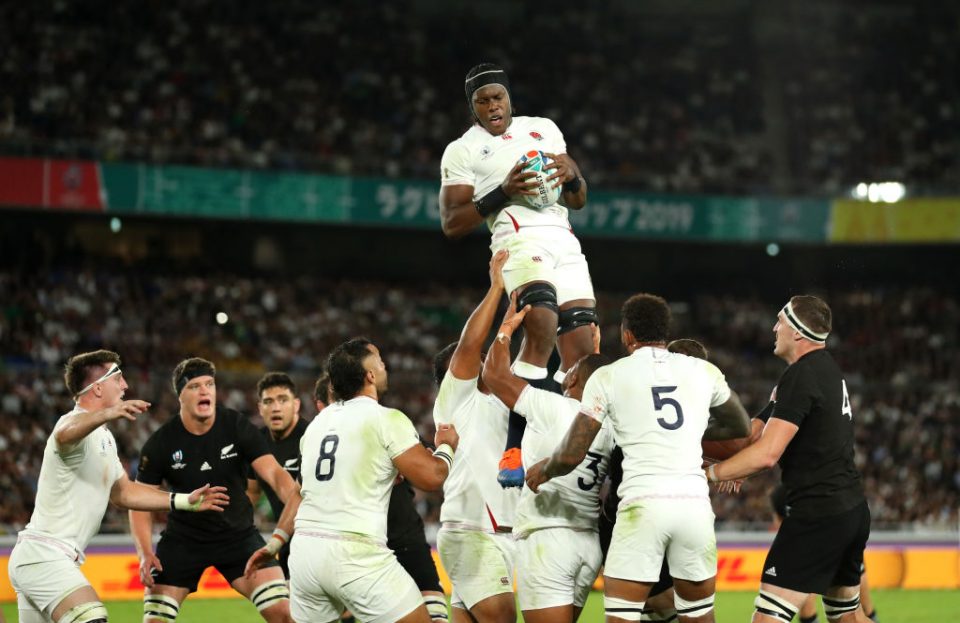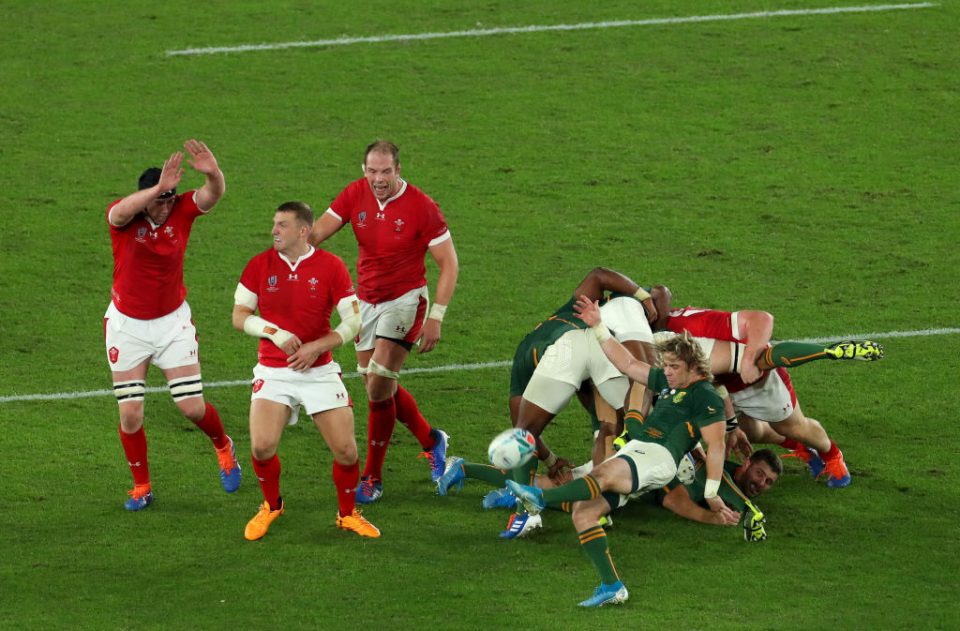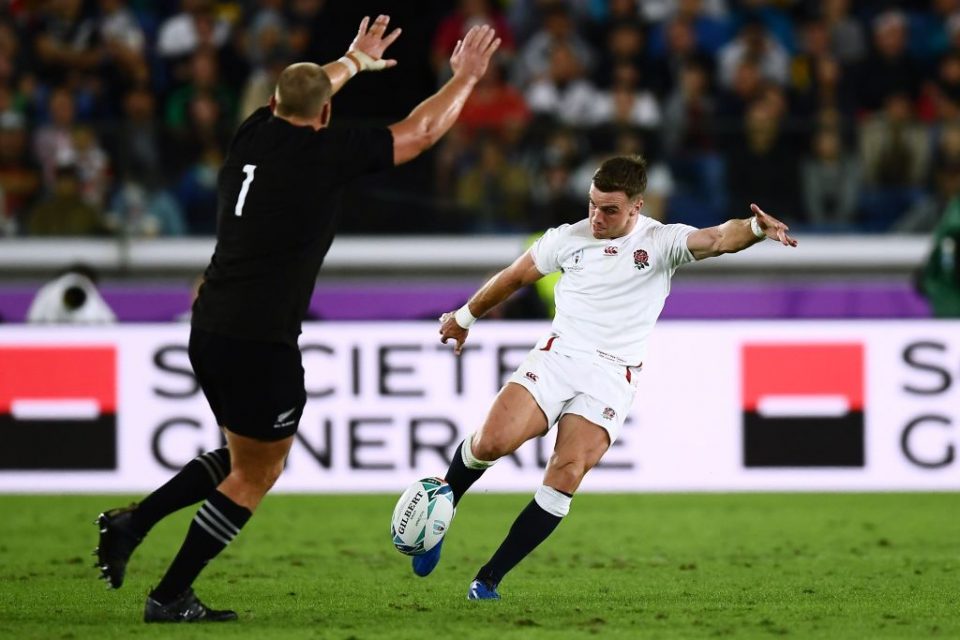England should not fear South Africa’s physical but one-dimensional style in World Cup final

Back in the pool stage, the consensus was that England would be taking the hardest path to the Rugby World Cup final.
Finishing top of Pool C meant being in the same side of the draw as New Zealand, the No1 side in the world and winners of the last two tournaments. Now, having overcome the All Blacks 19-7 in dominant, controlled style on Saturday, the pathway appears advantageous.
The biggest hurdle has been overcome in efficient, confidence-boosting fashion. Now one more obstacle remains.
Read more: Ex-England scrum-half Kyran Bracken opens up about his OCD
South Africa shouldn’t be taken lightly. But they undeniably present a less frightening proposition than the side Eddie Jones described as “the god of rugby”.

Against Wales, as against Japan in the previous round, they got the job done, but hardly in eye-catching manner.
The Springboks have a clear game-plan and they refuse to alter it. Faf De Klerk will box-kick at every opportunity. The forwards will churn through the phases. There are few surprises.
Grind it out
If there was any indication they might open up more for the final, that was put to bed by head coach Rassie Erasmus.
“I don’t think the final will be won by a very expansive game- plan and wonderful tries,” he said. “We’ll go and grind it out.”

In shutting down the best side in the world, England showed they should be able to cope with that.
Their defence was exceptional against the All Blacks. Their line speed invariably worked to perfection, they conceded just six penalties, turned the ball over 20 times and by and large their set piece was solid.
The fact that New Zealand, who put 46 points past Ireland, were scoreless at half-time and only got on the board at all through Ardie Savea due to a freak error at the line-out from Jamie George, who otherwise helped his side win 18 from 20 line-outs, said a great deal about the performance.
Stranglehold
England got the perfect start through Manu Tuilagi’s second-minute try and controlled the game from there, having 56 per cent of possession and 62 per cent of the territory. With George Ford back at fly-half England won the tactical battle, the No10 frequently gaining ground through his kicking.
Territory may not be a particularly sexy aspect of rugby, but in crunch games against high quality opposition it makes a big difference. England got their opponents in a stranglehold and never let go.

The All Blacks were pinned back and struggled to gain a foothold in the game, despite comfortably topping England on clean breaks and defenders beaten.
England’s dominance owed a lot to their discipline and accuracy, but also to their variety of threat. Every player knew their role, every player put in a big effort defensively and every player got over the gain line.
Tuilagi was destructive on the crash ball, Anthony Watson was a live wire on the wing and England’s mobile front row got through a huge workload.
But although it was a true team performance, one man managed to stand out. Much like Tom Curry in the quarter-final win over Australia, Maro Itoje was everywhere against the All Blacks, making 12 tackles, winning seven line-outs and effecting three turnovers.
The Saracens lock has now won 33 caps for England and he kept his best performance for the biggest match of his international career. Much like the team in general, there is a sense that Itoje is peaking at the perfect time; a physical arm-wrestle of a match against South Africa won’t faze him.
Having implemented a note-perfect plan against the All Blacks, Jones will no doubt have a new one waiting for the Springboks on Saturday.
A different kind of match awaits in Yokohama, but this time England will be favourites.
Main image credit: Getty Images